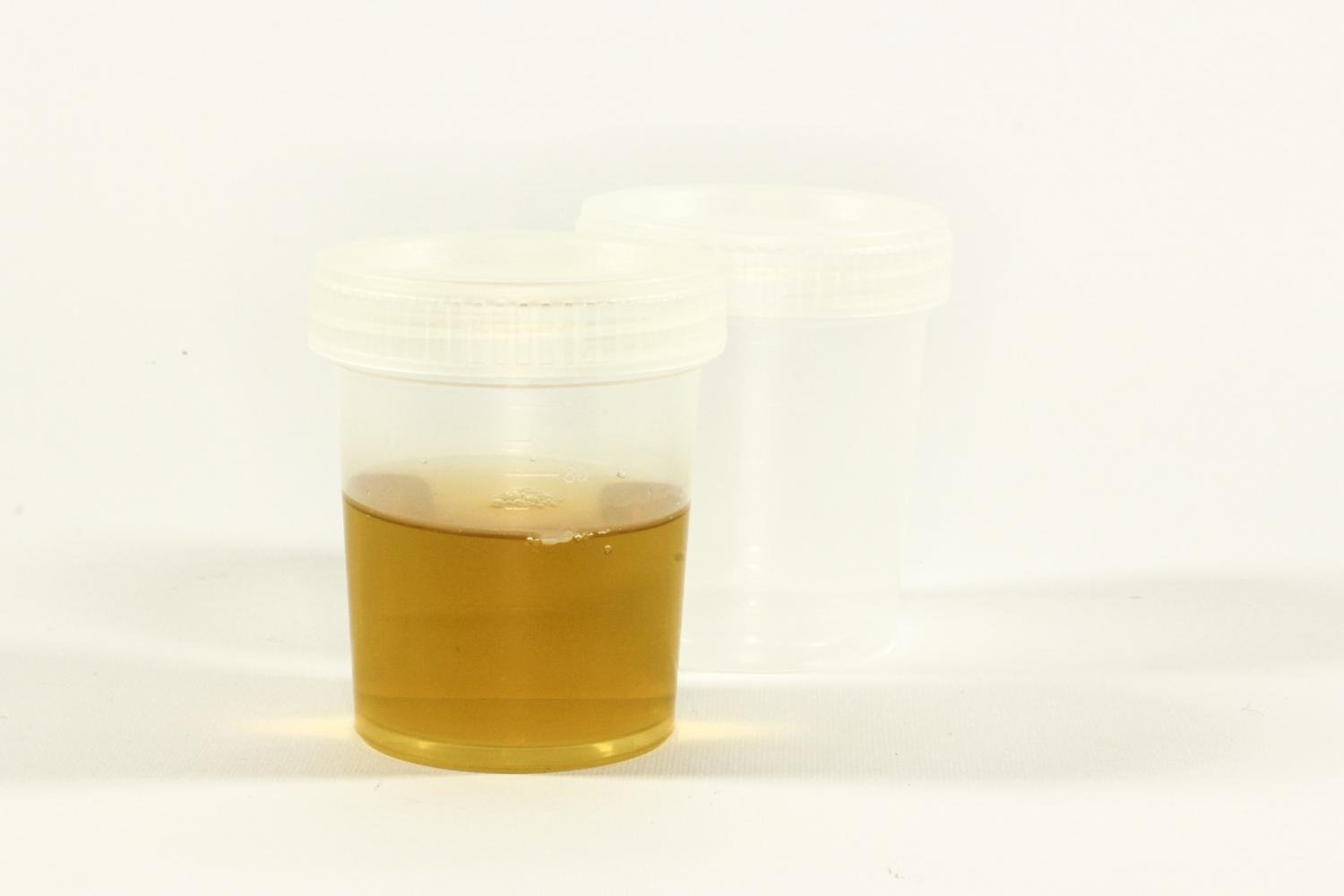- cross-posted to:
- [email protected]
- [email protected]
- cross-posted to:
- [email protected]
- [email protected]
FINALLY
When red blood cells degrade after their six-month lifespan, a bright orange pigment called bilirubin is produced as a byproduct. Bilirubin is typically secreted into the gut, where it is destined for excretion but can also be partially reabsorbed. Excess reabsorption can lead to a buildup of bilirubin in the blood and can cause jaundice—a condition that leads to the yellowing of the skin and eyes. Once in the gut, the resident flora can convert bilirubin into other molecules.
“Gut microbes encode the enzyme bilirubin reductase that converts bilirubin into a colorless byproduct called urobilinogen,” explained Hall, who has a joint appointment in the University of Maryland Institute for Advanced Computer Studies. “Urobilinogen then spontaneously degrades into a molecule called urobilin, which is responsible for the yellow color we are all familiar with.”
Urobilin has long been linked to urine’s yellow hue, but the research team’s discovery of the enzyme responsible answers a question that has eluded scientists for over a century.
It’s the leftover residue from your balls. I thought everybody knew already.
Girls have to pee all the time because they don’t have balls so they can’t store as much pee right
Damm. What colour is girl pee then?
Pink.
As a girl I can confirm that my pee is pink for like 7 out of every 28 days.
Balls, like where the pee is stored?
Science. Let’s pay another bunch of millions for research.
So it has little to do with how much water I drink?
Of course it does. If you drink more water than your body needs, your body will be expel more water, filling your bladder faster and offsetting everything else your kidneys are filtering.
This phrasing
offsetting everything else your kidneys are filtering
sounds like a negative thing, at least how I’m reading it.
I know drinking too much water is bad, but was under the impression that drinking a lot of water is generally better for you.
There is a lot more behind water toxicity than I personally know, just as a disclaimer.
What I was trying to say is that if there is too much water in your blood, your kidneys are being forced to expell only water. This may or may not be an issue for higher levels of minerals that may accumulate as a result, even though they would be heavily diluted. There are going to be other imbalances caused, I suppose.
From what I understand as well, keeping hydrated is good. However, there are a million different body types and a million different environmental factors that come into play. The general rule of thumb is drink water when you are thirsty, not heavily caffeinated beverages. Unless you are an athlete, Gatorade-like spots drinks aren’t the best choice either.
When I was working in extreme conditions at one point in my life, I could easily drink several hundred fl.oz of water during a shift and rarely pee. It was so hot, I would just sweat it all out. This did require that I regularly drink sports drinks to help maintain balanced sodium levels. I was constantly thirsty because my body needed water, and lots of it. (I was working in +100F temps, in full protective gear, while being very active.)
My point is that running a mile or two is not “extreme” or just going about your daily life is not “extreme”. There is no need to flood your body with water if you don’t need it. If we drink water instead of other crap beverages, we can just let our bodies do their thing naturally: Drink water when you are thirsty.
Your kidneys have two important goals, and that is to excrete toxins and balance water. There are always similar amounts of urea in the body, but the amounts of water vary.
When you drink too much water, your blood gets a bit watery, and your pituitary stops making vasopressin, also known as Anti-diuretic hormone. In layman’s terms, this hormone tells kidneys to reabsorb water, and if it isn’t there, your kidneys send the water into your bladder instead of back into your blood. So the amount of colorants is nearly constant, but their dilution changes, and that’s what you can see when you drink too much or little.








